Tag: grammar
-
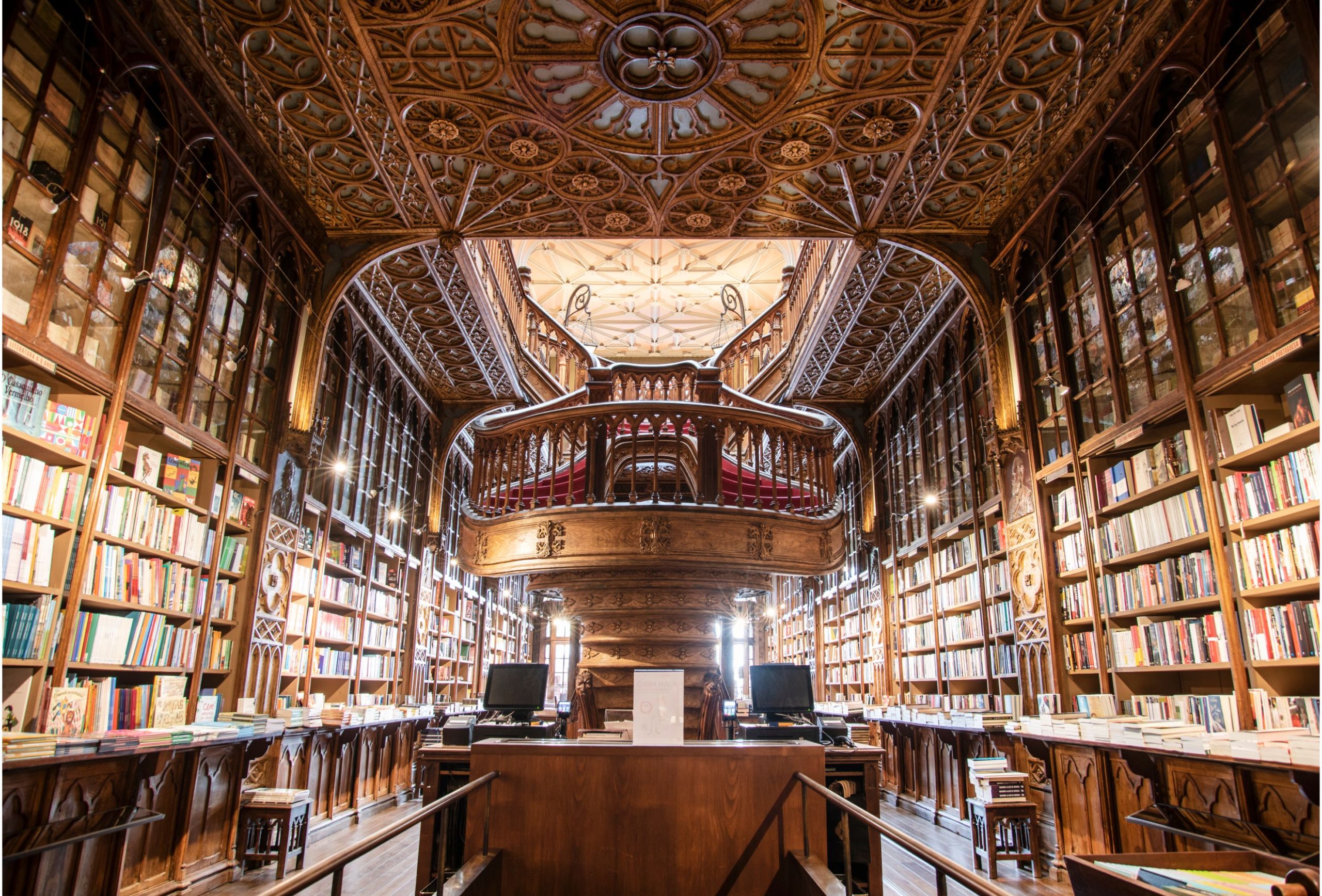
Apprenticeship in the Arts, Part 6: The Transcendence and Limitations of Artistry
In this series on apprenticeship in the arts we have laid out a vision for the role of the arts in a fully orbed classical Christian education. We began by situating artistry or craftsmanship within a neo-Aristotelian and distinctly Christian purpose of education: namely, the cultivation of moral, intellectual, and spiritual virtues. Then we explored…
-
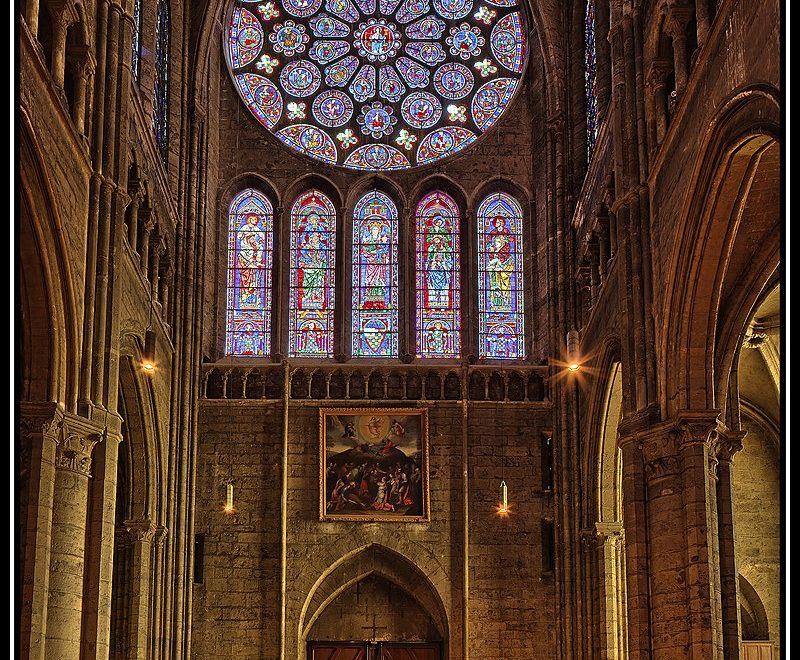
Expanding Narration’s History in the late Middle Ages: Bernard of Chartres from John of Salisbury’s Metalogicon
This is the third blog article expanding the short history of narration I laid out a year ago. In the last two I expanded my treatment of John Amos Comenius to engage in detail with the passages from The Great Didactic and the Analytical Didactic that recommend activities that Charlotte Mason would have called narration.…
-
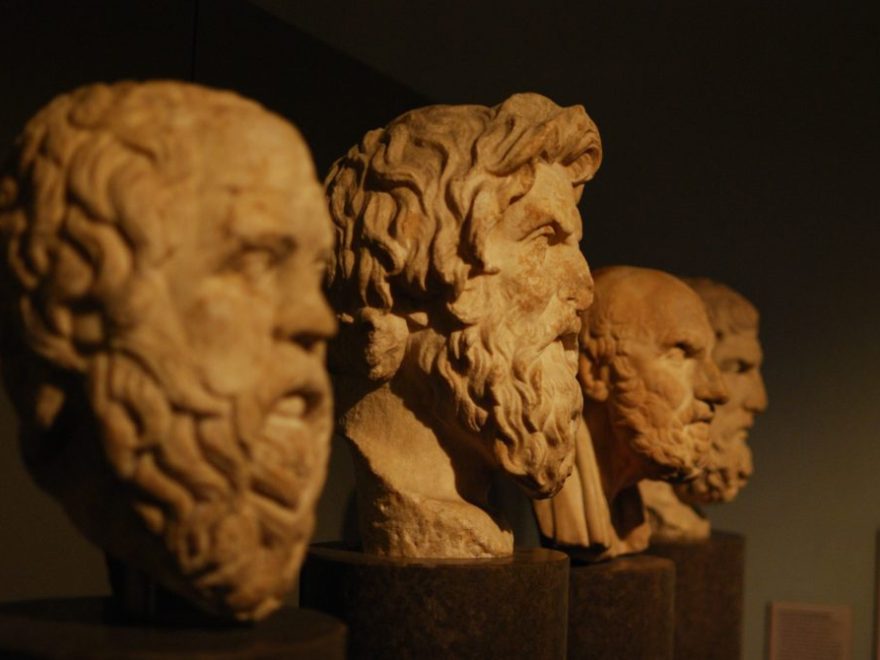
Charlotte Mason and the Liberal Arts Tradition, Part 1: Mapping a Harmony
“What has Athens to do with Jerusalem?” the church father Tertullian skeptically asked. Tertullian was writing at a time in which church leaders were weighing the pros and cons of mining the Greco-Roman philosophical tradition for insights they could utilize in the development of a distinctively Christian philosophy. Similarly, within the Christian classical school movement,…
-

The Flow of Thought, Part 4: The Seven Liberal Arts as Mental Games
There’s a lot of talk these days about the war between STEM and the liberal arts (which we are meant to understand as the humanities generally). Often this gets posed as a trade-off between a utilitarian education—training our future engineers, scientists and programmers—vs. a soft education in human skills and cultural awareness. Given the hype…
-
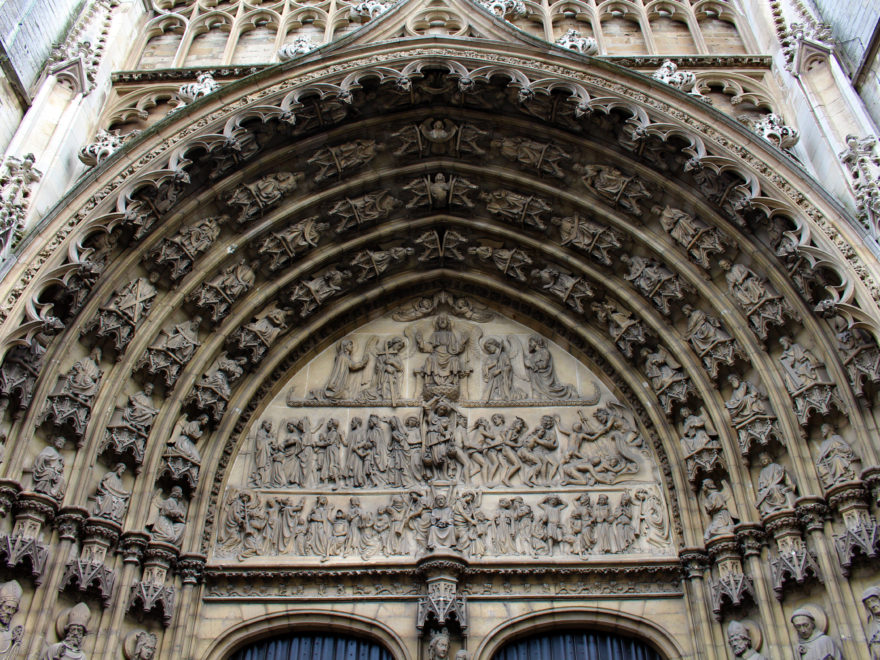
Review of The Liberal Arts Tradition by Kevin Clark and Ravi Jain
Kevin Clark and Ravi Scott Jain. The Liberal Arts Tradition: A Philosophy of Christian Classical Education. Classical Academic Press, 2013. In The Liberal Arts Tradition Kevin Clark and Ravi Jain endeavor to set the record straight about what made up the course of study in the classical tradition of education. As two longtime friends and…
-
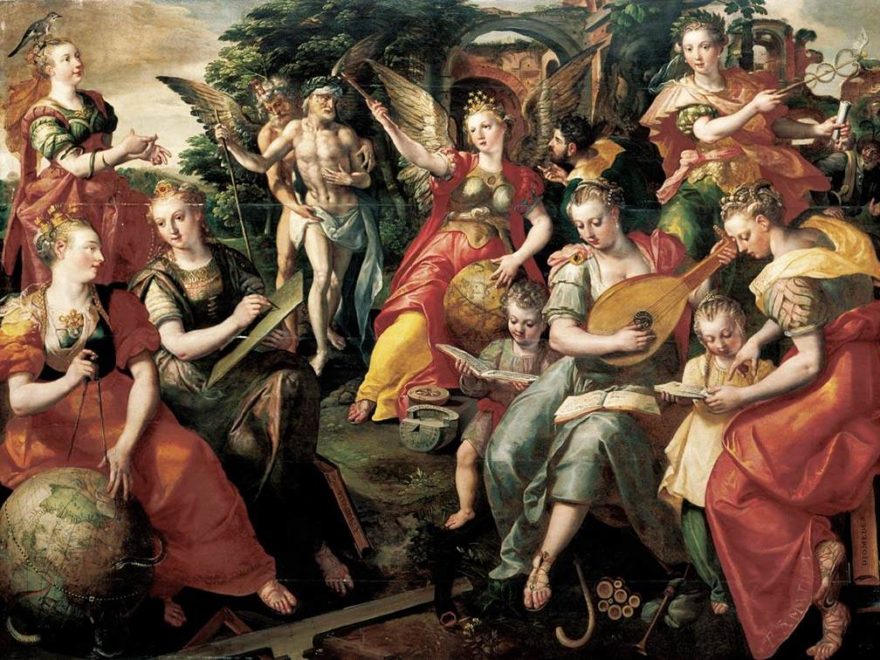
The Classical Distinction Between the Liberal Arts and Sciences
One of the encouraging recent developments in education is the recovery of the classical educational tradition of the liberal arts and sciences amongst Christian classical schools. Of course, we’re already laboring upstream, since to most people the term ‘liberal arts’ simply refers to general studies or the humanities. However, even the Christian classical school movement…
